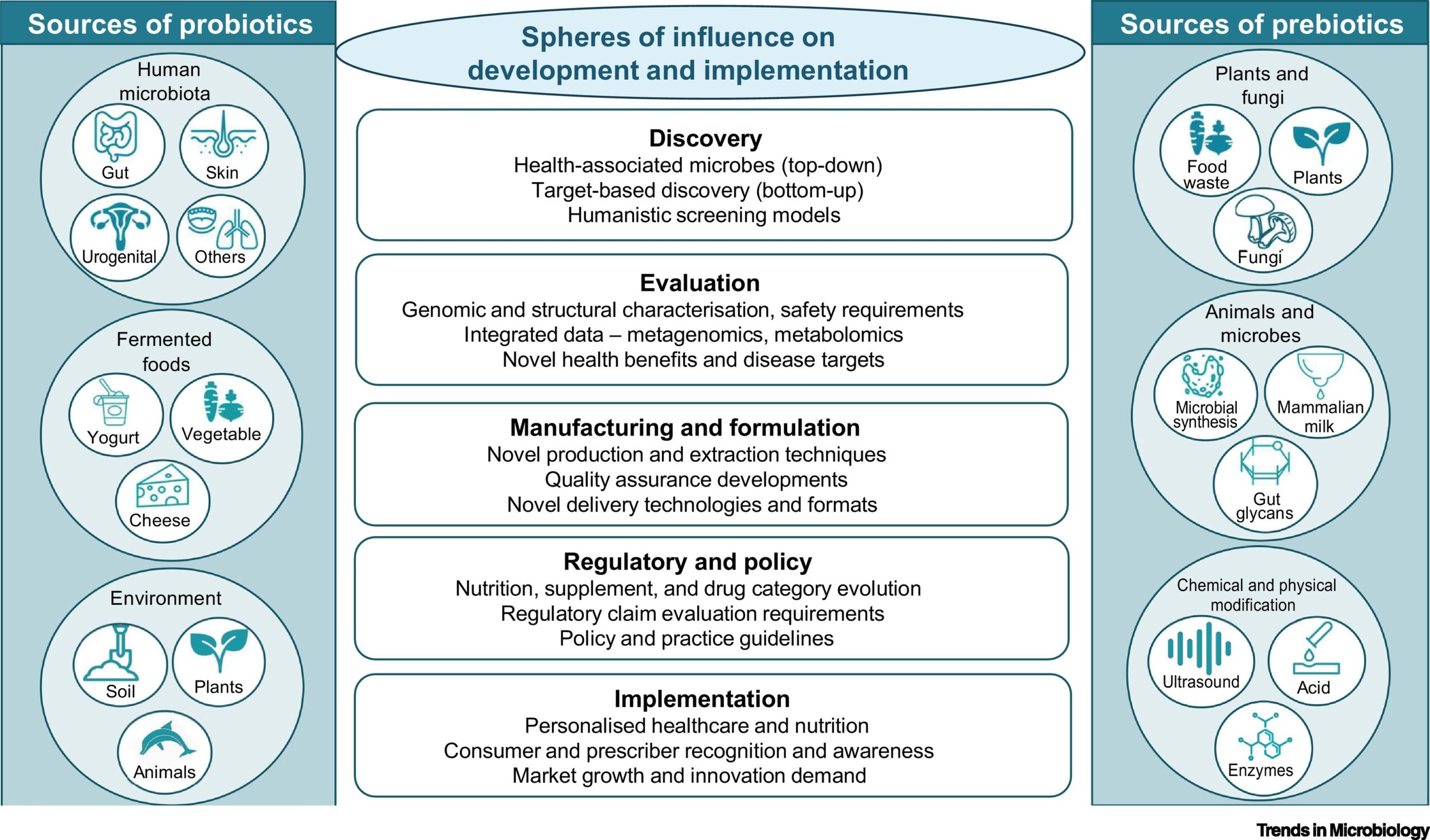In the ever-evolving landscape of scientific discovery, two fields that have significantly impacted our understanding of life and its complexities are biotechnology and bioinformatics. These disciplines, once pursued independently, have increasingly found common ground, leading to a remarkable synergy that has revolutionized research, healthcare, and industries worldwide. This convergence of biotechnology and bioinformatics has opened up new avenues for exploration, offering unprecedented insights and applications.
The Essence of Biotechnology and Bioinformatics:
Biotechnology is the utilization of biological systems, organisms, or derivatives to develop products or processes for a variety of applications. It encompasses a broad spectrum of techniques, including genetic engineering, molecular biology, and fermentation, to manipulate living organisms for beneficial outcomes. Biotechnology has led to groundbreaking achievements, from the production of recombinant insulin to genetically modified crops with improved traits.
Bioinformatics, on the other hand, involves the application of computational methods and tools to analyze, interpret, and manage biological data. This field has emerged as a crucial component in the era of genomics, as the volume of biological data being generated has skyrocketed. Bioinformatics allows researchers to make sense of complex biological information, predict protein structures, identify genetic mutations, and even model intricate biological systems.
The Intersection and Synergy:
The convergence of biotechnology and bioinformatics stems from the realization that the two fields are interdependent. Biotechnology generates vast amounts of data, from DNA sequences to protein expression profiles. Meanwhile, bioinformatics provides the means to handle, analyze, and extract meaningful insights from these data sets.
One of the most significant contributions of this synergy is in precision medicine. By analyzing an individual’s genetic makeup, along with data from various ‘omics’ technologies (such as genomics, proteomics, and metabolomics), clinicians can tailor treatments to a patient’s unique characteristics. This personalized approach has revolutionized cancer therapy, allowing oncologists to select treatments based on the genetic mutations driving a patient’s tumor.
Advancing Agriculture and Food Security:
Biotechnology and bioinformatics are also reshaping the agricultural landscape. Through genetic modification and selective breeding, biotechnology has enabled the development of crops with improved yields, nutritional content, and resistance to pests and diseases. Bioinformatics plays a pivotal role in analyzing the genomes of these plants, identifying key genes for desired traits, and designing targeted modifications.
This convergence has the potential to address global food security challenges by creating more resilient and productive crop varieties. By optimizing plant genomes for specific environments, scientists can contribute to sustainable agriculture and mitigate the impact of climate change on food production.
Environmental Conservation and Bioremediation:
The synergy between biotechnology and bioinformatics extends to environmental conservation and bioremediation. Microorganisms equipped with the ability to degrade pollutants are harnessed for cleaning up contaminated soil and water. Bioinformatics aids in identifying these pollutant-degrading genes and understanding the metabolic pathways involved. By engineering these microorganisms with enhanced bioremediation capabilities, researchers contribute to the restoration of ecosystems impacted by industrial activities.
Challenges and Ethical Considerations:
While the convergence of biotechnology and bioinformatics holds immense promise, it also raises ethical considerations. Genetic engineering, for instance, prompts debates about genetically modified organisms and their potential impact on ecosystems. Additionally, the storage and analysis of vast amounts of personal genomic data raise concerns about privacy and data security.
Looking Ahead:
As biotechnology and bioinformatics continue to converge, the boundaries of what is possible in research, healthcare, and industry are continually pushed. The potential to cure genetic diseases, engineer microbes for sustainable production, and decode the complexities of life itself are becoming realities. However, responsible innovation, rigorous ethical considerations, and collaboration across diverse disciplines will be essential to harness the full potential of this convergence for the betterment of humanity.
Conclusion:
“Converging Frontiers: Exploring Synergies in Biotechnology and Bioinformatics” encapsulates the transformative impact of these two fields coming together. Their alliance has redefined our understanding of biology, enabling us to manipulate life at the molecular level and unravel its most intricate mechanisms. The fusion of biotechnology and bioinformatics is not just a scientific trend; it is a testament to human ingenuity, curiosity, and the relentless pursuit of knowledge for the advancement of our world.




